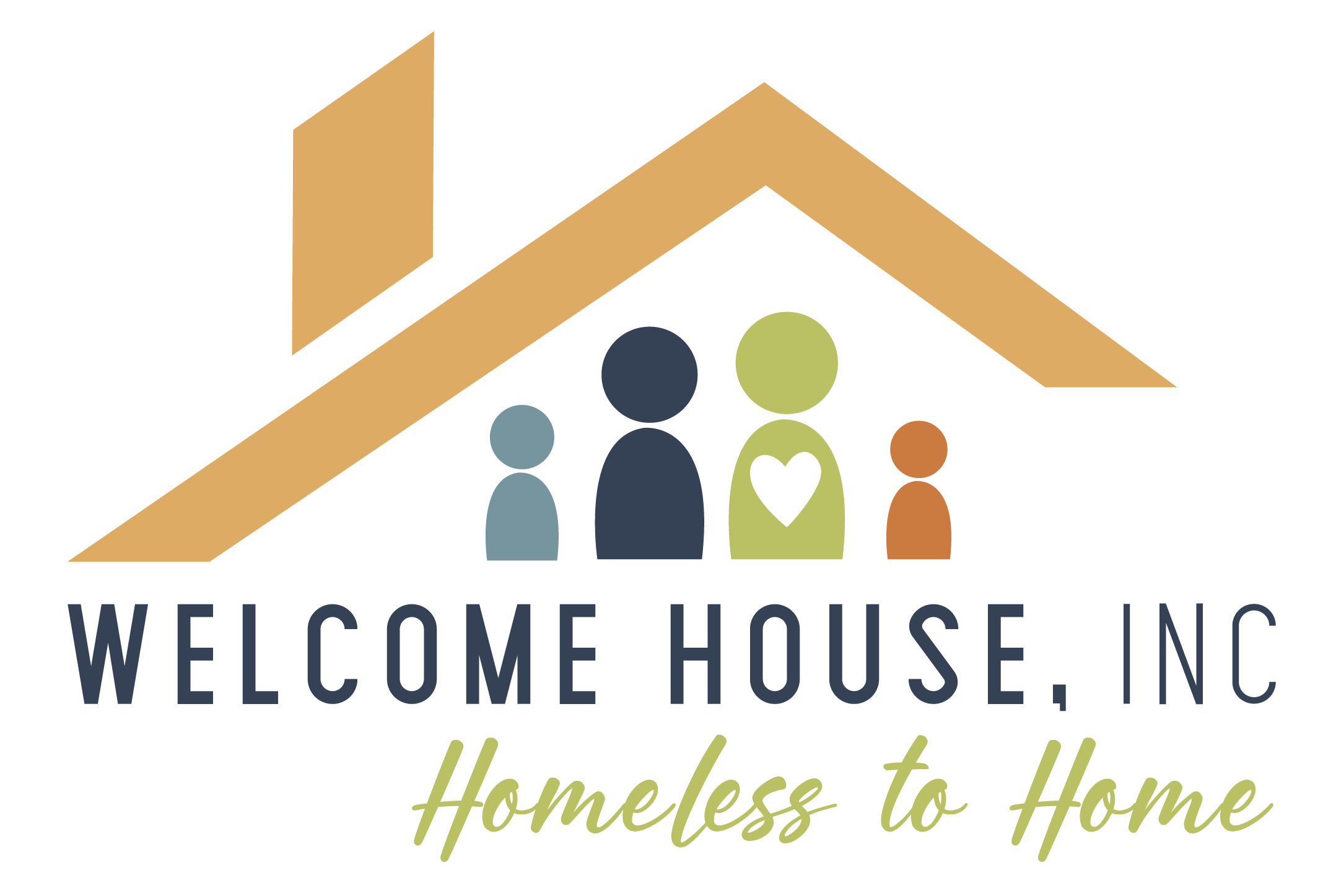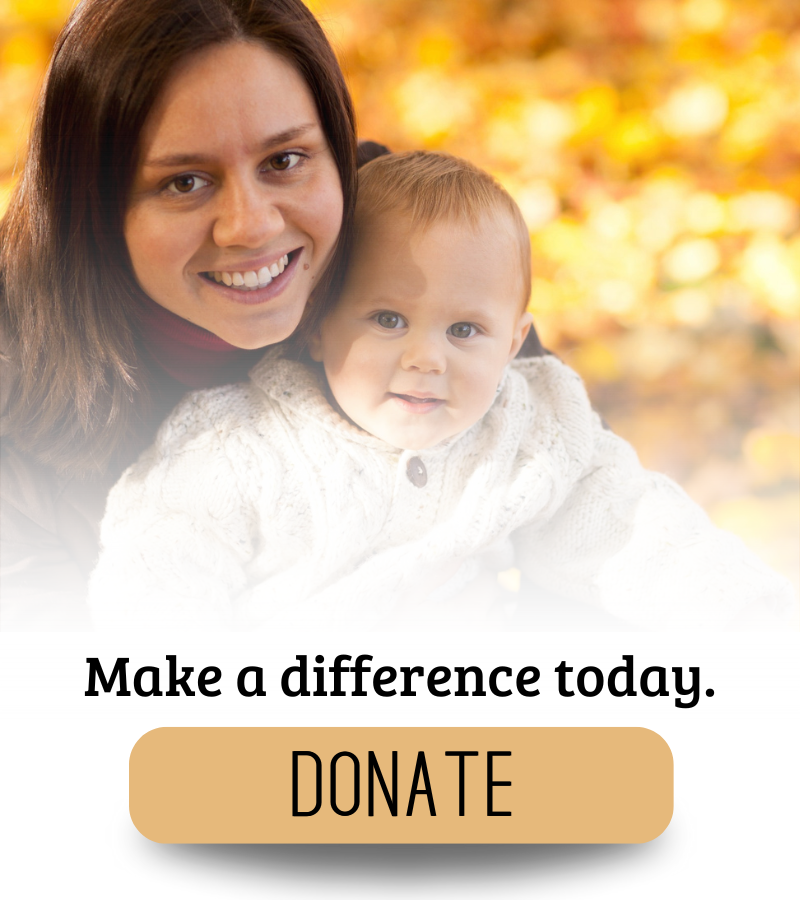Services Glossary
Diversion
Welcome House works within the geographic areas to divert people from homelessness through interactive problem-solving conversations with the program participant.
After a screening interview, participants will work with Welcome House staff to understand and explore solutions to their unique housing crisis.
Gardens at Greenup Apartments
The Gardens at Greenup offers affordable, stable housing for families, consisting of 20 units containing 2-4 bedroom apartments. This supportive housing program aims to strengthen families by providing affordable, subsidized housing with on-site support services, including Service Coordination, education planning and support, career planning, financial literacy, life skills training, and childcare.
The program is unique in setting a holistic standard for self-sufficiency, including personal growth development, family activities, and building a community of support. Requirements for residency include having custody of at least one child and willingness to actively engage with the Service Coordinator for family case planning and goal development.
All residents must sign a 1-year lease upon entry. However, they may stay in the program as long as they are working toward fulfilling their long-term goals.
Eligibility Requirements:
- Must be a single parent w/ custody of one or more children. Preference will be given to parents with children under six.
- Must be over the age of 18.
- Must be considered low-income by state standards.
- Must have a willingness to participate in Gardens Self-Sufficiency Program. This can be broken down further (post-secondary education, vocational training, credit building/repair, etc.)
HOME Tenant Based Rental Assistance (TBRA)
The TBRA program provides payments to make up the difference between what a household can afford to pay for housing and the local rent standard. These funds may provide assistance to help pay monthly rent and utility costs for up to 24 months. TBRA would discuss other varying eligibility requirements upon assessment.
Eligibility Requirements:
- Annual gross income does not exceed 60 percent of Area Median Income (AMI) indicated on the HOME Income Limits.
- The family must be willing to recertify income, size, and composition at least annually.
- A household may still be served with HOME TBRA so long as its income does not exceed 80 percent AMI (HUD’s Low-Income Limit) after project entry.
- The term of the lease between the tenant and the owner must be at least one year.
Permanent Supportive Housing
Permanent Supportive Housing is a combination of services and housing. Specifically, it supports people with serious mental illnesses or other disabilities who need professional care, advocacy, and assistance to live stably in their communities. After meeting eligibility requirements, program participants have access to services including partial to full ongoing financial rental and utility assistance. Other services can include service coordination, substance abuse or mental health counseling, advocacy, and help in locating and maintaining employment.
Eligibility Requirements:
- Must identify by the VI-SPDAT triage tool as needing a PSH intervention.
- Must provide Documentation confirming disability by a social security award letter or on the designated KHC form signed by a licensed medical professional.
- Must provide documentation of homelessness on the approved forms provided by KHC or HMIS system.
Prevention
Welcome House received funds from the U.S. Treasury’s Emergency Rental Assistance (ERA) Program 2.0, administered by the Kentucky Housing Corportation (KHC). The Prevention program aims to reduce homelessness by providing necessary services to families and individuals at risk of homelessness, enabling them to divert from the homeless system and regain stability in permanent housing. Upon assessment and qualification from a Welcome House employee, it can assist with rent (current and past due), utilities (current and past due), security deposits and obtaining identification.
Rapid Re-Housing
Rapid re-housing quickly connects families and individuals experiencing homelessness to permanent housing through a tailored package of time-limited financial aid and targeted supportive services. In addition, the Rapid Re-Housing program would discuss eligibility requirements upon assessment.
Eligibility Requirements:
- Must have taken or will take the vulnerability index service prioritization decision assessment tool (VI-SPDAT) and/or triage tool as needed to receive services for RRH.
- Must provide documentation of homelessness on the approved forms provided by Kentucky Housing Corporation (KHC) or Homeless Management Information System (HMIS).
Representative Payee
This program assists persons with mental or physical disabilities by directly managing their income. Welcome House acts as a financial agent (called a payee) for program participants without an appropriate adult in their life to fulfill this role. Payees pay rent, utilities, and other monthly bills on the program participants’ behalf.
The overall results of the program focus on improved quality of life and stabilization of a vulnerable population. Program participants often transition from living on the streets with debilitating illnesses to having an income, housing, medical coverage, and the support necessary to lead a more independent life.
Eligibility Requirements:
- Must have Social Security benefits and/or VA benefits.
- Income outside of Social Security and VA is accepted as long as the participant agrees to it.
- Income is ONLY managed if a medical doctor deems the participant incapable of managing their own finances. An approved form must be filled out by a licensed medical professional and turned into the payee representative.
- Application for becoming a participant’s representative payee must be submitted to the Social Security Administration or Veteran’s administration.
Service Coordination
The Service Coordination area provides assessments, outreach, case planning, financial education, budgeting assistance, housing counseling, employment support, and community referral services.
Service Coordinators work directly with residents staying at Welcome House shelter, other local shelters as well as homeless or at-risk individuals and families. After participants obtain housing, they are offered additional in-home visits to help keep them on their targeted plan of self-sufficiency. Service Coordinators may provide additional support for up to six months.
Case management can address a wide-range of situations including housing, applications for food stamps or medical insurance, budgeting, and case planning.
Social Security Outreach, Access & Recovery (SOAR)
The Social Security Outreach Program (SSO) uses the SOAR method to assist homeless or at-risk individuals with mental or physical disabilities to complete applications for Supplemental Security Income (SSI) or Social Security Disability Insurance (SSDI). Together with the Social Security Administration and Disability Determination Services, the program provides access to stable and permanent income, medical insurance, and social services coordination. Approved program participants could be required to have a Payee and refer to Payee Services for further assessment.
Street Outreach
The Outreach Program is an interdisciplinary team whose goal is to bring emergency stabilization services to specific parts of our region. The outreach team’s priority is to spend time searching for those experiencing homelessness and build relationships with them as we address physical and emotional needs. In addition, the team continues to knock down transportation barriers by meeting the program participants where they are in the community.
VA Shelter
Welcome House can shelter up to 10 veterans experiencing homelessness. The veterans we serve have many complex and unique needs. We encourage flexibility within our program by eliminating barriers to admission of the shelter and continually engaging veterans in our services. Residents of the Shelter work with a dedicated Service Coordinator, the local VA, and other Welcome House staff to increase income and access affordable housing. In addition, the Service Coordinator would discuss other varying eligibility requirements upon assessment.
Women & Children's Shelter
The Welcome House Shelter for Homeless Women and Children provides a safe place to stay for approximately 60 homeless women and children each night. Residents of the Shelter work with Service Coordinators and other Welcome House staff to increase income and access affordable housing while removing any barriers to success. While working toward stability, program participants have a safe place to live, nutritious meals, hygiene supplies, and other assistance needed.


